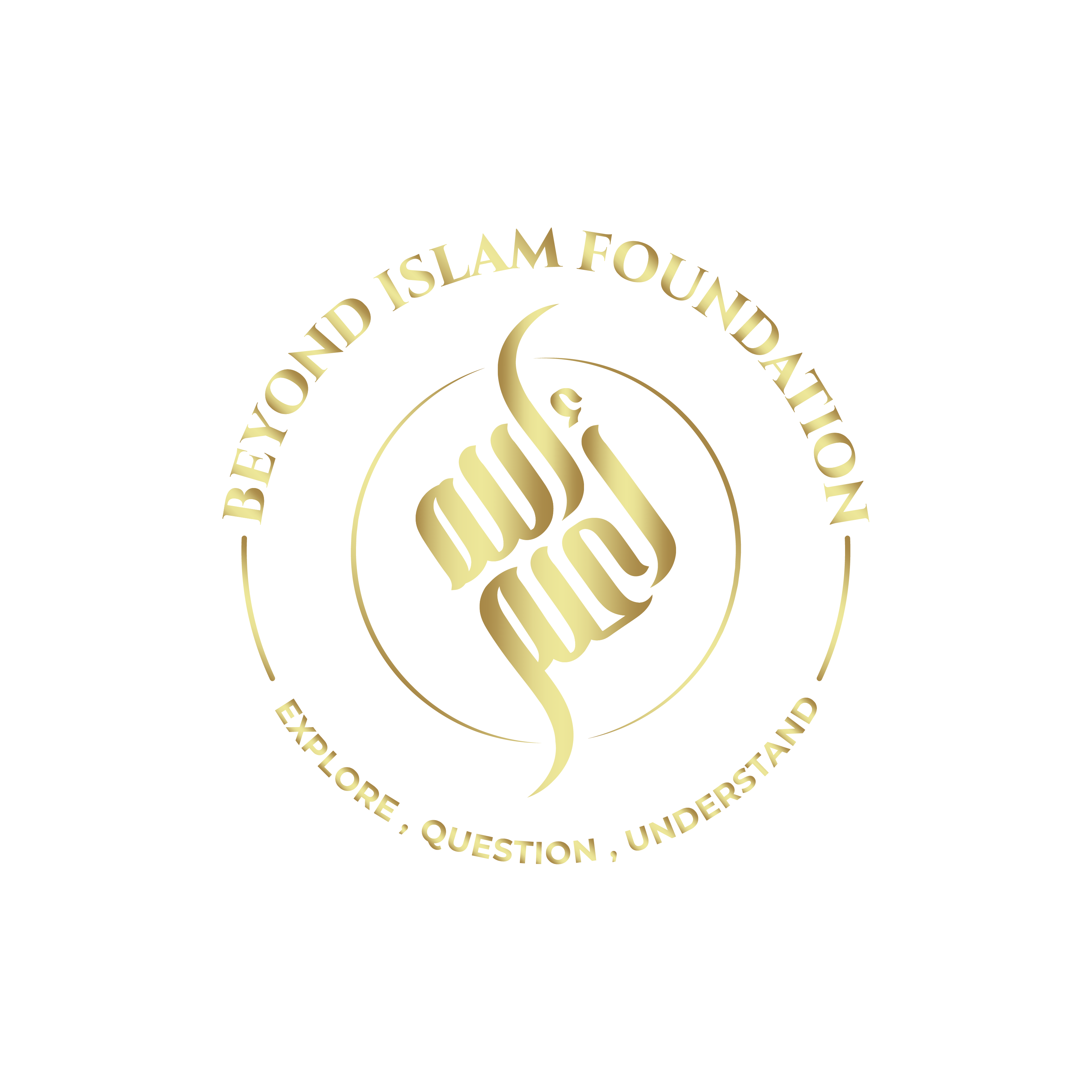Introduction: Understanding the Prophet’s Multiple Roles
Many people struggle to differentiate between the various roles of the Prophet Muhammad (ﷺ). The Quran presents him in three distinct capacities:
1. A Messenger (Rasool) – Delivering and explaining the Quran.
2. A Prophet (Nabi) – Guiding his people through divine revelation.
3. A Human Being – Subject to mistakes and corrected by Allah.
Failing to distinguish between these roles has led to sectarian distortions, elevating the Prophet beyond his true Quranic mission.
📖 “Say: I am only a human being like you. It has been revealed to me that your God is One God.” (Quran 18:110)

1. The Prophet as a Messenger (Rasool): Delivering the Quran
The primary mission of the Prophet was to deliver the Quran to humanity and clarify its teachings.
📖 “The Messenger’s duty is only to deliver the message.” (Quran 5:99)
📖 “We have sent down to you the Book so that you may make clear to the people what has been sent to them.” (Quran 16:44)
💡 What does this mean?
✅ The Prophet was not responsible for making laws—only Allah legislates.
✅ His mission was to proclaim and explain the Quran, not to act as an independent judge in religious matters (6:114).W
✅ The Quran alone is the preserved guidance, not additional sayings attributed to him.
🔹 Common Misunderstanding: “The Hadith Explains the Quran”
- If hadith were necessary to understand the Quran, why didn’t Allah preserve them as He did the Quran?
- The Quran explains itself (16:89) and is fully detailed (6:114).
2. The Prophet as a Nabi: A Guide and Leader
As a Nabi (Prophet), Muhammad was a moral and spiritual guide, warning people about the consequences of disbelief and injustice.
📖 “O Prophet! Indeed, We have sent you as a witness, a bearer of good news, and a warner.” (Quran 33:45)
📖 “You are not a dictator over them.” (Quran 88:22)
💡 What does this mean?
✅ The Prophet was an example of how to apply the Quran in daily life.
✅ He did not impose belief—his role was to warn, not to enforce compliance.
✅ He called people to pure monotheism (Tawheed), not to his personal sayings.
🔹 Common Misunderstanding: “The Prophet Had Unlimited Authority”
Many claim that the Prophet’s personal judgments became religious law. However, the Quran shows that his authority was limited to delivering divine revelation.
📖 “I do not follow anything except what is revealed to me.” (Quran 6:50)
3. The Prophet as a Human Being: Subject to Mistakes and Corrected
The Quran corrects the Prophet multiple times, proving that he was not infallible and that his words were not divineapart from the Quran.
📖 “He frowned and turned away when the blind man came to him.” (Quran 80:1-2)
(Allah corrects the Prophet for prioritizing the elite over a sincere believer.)
📖 “It is not for a Prophet to take captives until he has thoroughly subdued the land.” (Quran 8:67)
(Allah corrects the Prophet’s decision regarding war captives.)
📖 “O Prophet, why do you prohibit what Allah has made lawful for you?” (Quran 66:1)
(Allah rebukes the Prophet for forbidding something that Allah allowed.)
💡 What does this mean?
✅ The Prophet was a human being who made mistakes and was corrected by Allah.
✅ His actions were not always divine—only the Quran is infallible.
✅ Blindly following everything attributed to the Prophet ignores the Quran’s own corrections of him.
🔹 Common Misunderstanding: “The Prophet’s Words Are Equal to the Quran”
- If everything the Prophet said was divine, why does the Quran correct him?
- Allah commands us to follow revelation, not human opinions (45:6).
4. Conclusion: Returning to the Quranic Role of the Prophet
🔥 The Prophet’s primary role was to deliver the Quran, guide people, and act as an example—not to introduce extra-Quranic laws.
🔥 He was not infallible outside of revelation and was corrected multiple times by Allah.
🔥 The Quran is the only preserved and complete guidance (6:38, 16:89).
📌 What must be done?
✅ Follow the Prophet by following the Quran, as he was commanded to do.
✅ Reject sectarian distortions that elevate him beyond his Quranic role.
✅ Acknowledge that he was a human being, a messenger, and a prophet—but not divine.
🚀 Beyond-Islam.org is dedicated to restoring the pure Quranic understanding of the Prophet’s role. 🚀
📖 “And We have certainly made the Quran easy for remembrance, so is there anyone who will remember?” (Quran 54:17)




